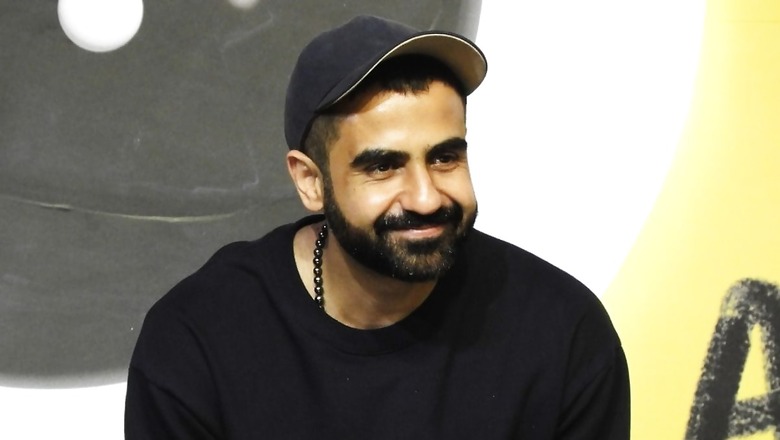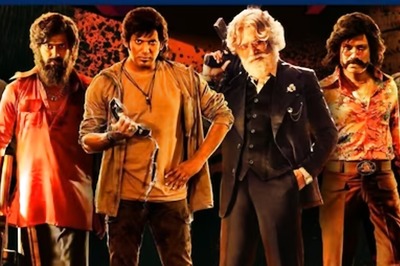
views
Zeroda’s Nikhil Kamath shared his business insights with rapper Badshah and actress Kriti Sanon in the recent episode of his podcast WTF. Moderated by Kamath, the discussion delved into topics including business advice and investing tactics.
Kamath pointed to the energy transition sector as a key area of investment opportunity, responding to Badshah’s query on where to put money for the best returns.
The rapper asked Kamath the very surface-level question: If one has Rs 3 crore, where should they invest for sure shot profit? To which Kamath explained the phasing out of fossil fuels, highlighting how renewable energy is the next big thing now.
“Energy transition is such a big thing in the world; most wars in our history have been fought over it,” Kamath said.
He said that it may be very profitable to invest in solar energy companies, electric car makers and battery manufacturers.
Kamath claimed that the sector could prove quite profitable, particularly given the government incentives facilitating the shift to renewable energy sources.
The Zerodha co-founder also advised entrepreneurs to avoid saturated markets and instead focus on areas with significant growth potential over the next decade.
Citing Bollywood as an example, he pointed out that many investors enter the industry to get close to celebrities but often find that their investments don’t pay off.
He compared Bollywood to a funnel where money flows in and burns out.
“Pick a sector that you believe will be five to ten times larger in ten years than it is today,” Kamath further suggested.
Nikhil Kamath recommended looking for industries that are expected to grow five to ten times bigger in the next ten years.
He encouraged investors to invest a considerable amount of time researching a business before one plunged headlong into it.
Kamath stressed avoiding blindly going in for a business because it interested them.
“In my experience, if something doesn’t work from the very beginning, it likely never will,” he stated.
On the other hand, Kriti Sanon shared that her launch into the skincare line was not a calculated business move but something that she is passionate about.
Kamath acknowledged that passion is important, but he advised against focusing on fields where passion is the primary motivator. These areas often come with intense competition and lower success rates, which can make them less rewarding.



















Comments
0 comment